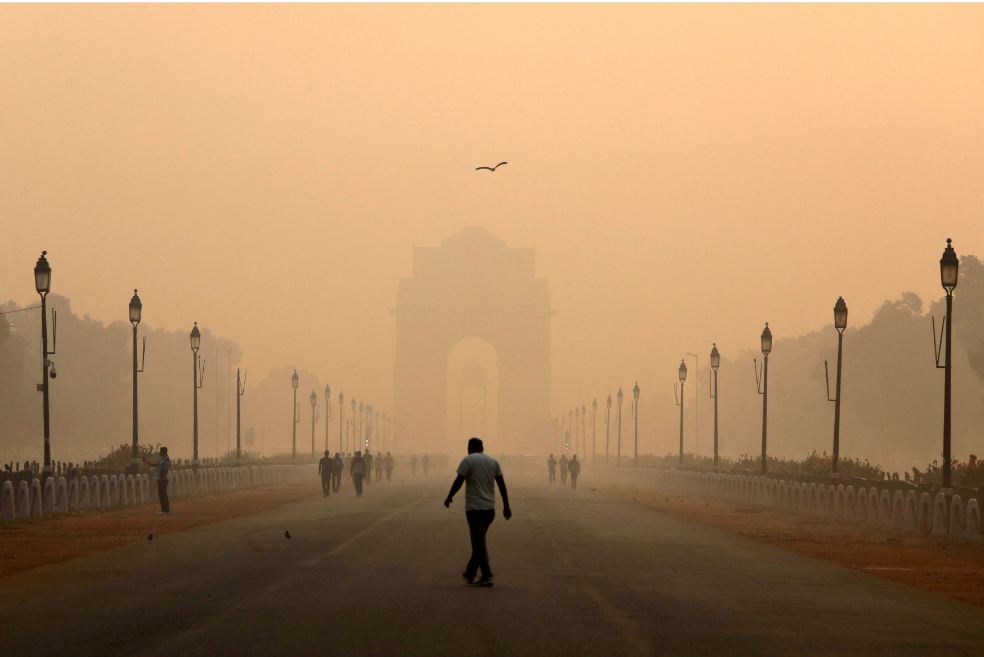Climate change goals emerge as sticking point in G20 Sherpa meet – sources
New Delhi (Reuters) – After division over Russia’s war in Ukraine, differences about climate change goals have emerged as another stumbling block for G20 leaders to iron out at their two-day meeting in New Delhi, six Indian sources said.
The bloc is divided on commitments to phasing down fossil-fuel use, increasing renewable energy targets and reducing green house gas emissions, five of the officials cited above said.
The disagreements resurfaced during the last two days of sherpa level meetings ahead of the Sept 9-10 summit. The phrase on the war on Ukraine still remains the core concern for India, which is trying to convince all the 20 countries to agree on a joint statement known as Leaders’ Declaration.
The bloc had failed to reach consensus during concluding ministerial meetings on environment and energy in the last week of July.
“The issue on climate is stuck mostly on one line or two lines, related to phasing out fossil fuels and tripling renewable energy capacity,” one of the Indian officials, present in the Sherpa level meetings, said.
Russia, China, Saudi Arabia and India have opposed a proposal by Western countries to triple renewable energy capacity by 2030 and cut green house gas emissions by 60% by 2035, three officials said.
The fossil fuel producing and developing countries are also opposing G7 nations’ push to reach net zero commitments faster, one official said.
United Arab Emirates is set to host the next round of climate change discussions at the COP28 meeting in November and December and countries want to discuss the issue there, one official said.
“Nobody wants to make a commitment now, as then you will have a problem at your hands because you can get tied down to what you agree at this summit,” another Indian official said.
None of the officials wanted to be named as they are not allowed to speak to media. Indian government did not immediately reply to emails seeking comments.
Indian power minister R K Singh has on several occasions said the country’s average per person emissions are among the lowest in the world and it would not compromise on its energy needs by committing to cut coal use.


